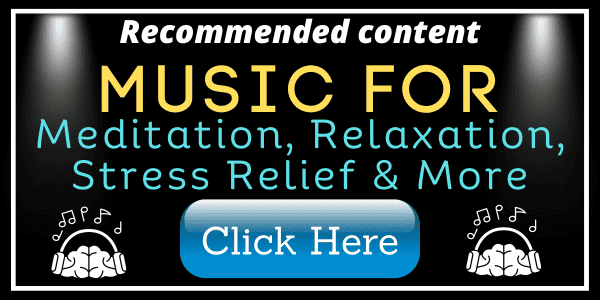Struggling to fall asleep at night? You’re not alone. Insomnia and other sleep disorders affect millions of people.
Getting adequate rest is crucial for both physical and mental health. Self-hypnosis offers a drug-free way to help train your brain and body for better sleep.
Below I recommend a few self-hypnosis audio tracks that are specifically designed to help you unwind, clear your mind, and drift off to sleep more easily.
The beauty of self-hypnosis is that it allows you to take control of your own sleep habits through the power of suggestion.
Read on to learn how this unique mind-body technique could help you finally get the restful slumber you need.
Great Night’s Sleep

Click Here to Check Out This Self-Hypnosis Session
Overcome Insomnia
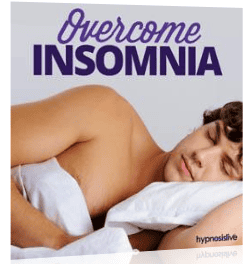
Click Here to Check Out This Self-Hypnosis Session
Power Nap

Click Here to Check Out This Self-Hypnosis Session
Here’s some information about how self-hypnosis promotes healthy sleep
- Lowers stress hormone levels – Hypnosis relaxation techniques decrease anxiety and cortisol levels that interfere with sleep
- Slows racing thoughts – Focused hypnotic suggestions quiet mental chatter leading up to bedtime
- Connects bed with sleep – Visualizations and images teach the mind to associate the bed with feelings of relaxation and tiredness
- Deepens relaxation – Trance-like meditative state brings calm, restful awareness to the body and mind
- Increases time in restorative sleep stages – Regular practice shown to extend time spent in slow-wave and REM sleep
- Develops positive sleep habits – Hypnotic suggestions facilitate automatic behaviors around falling asleep quickly
- Conditions the mind and body – Over time self-hypnosis creates new perceptions that support rapid sleep onset
Binaural Beats & Brainwave Entrainment For Sleep
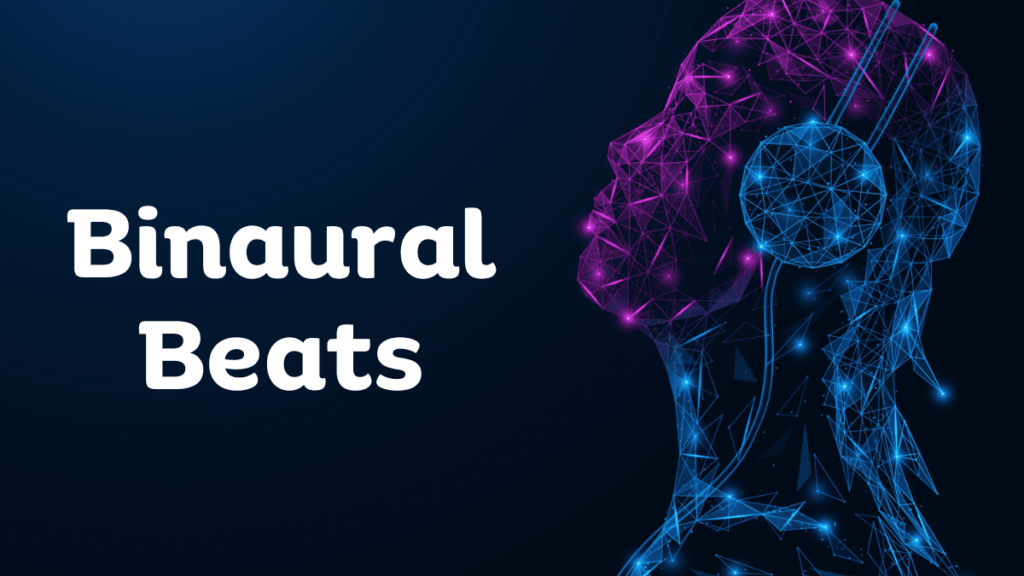
Sleep Pack
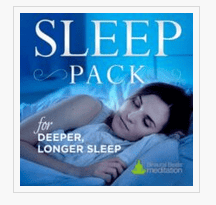
Click Here to Check Out The Sleep Pack Sessions
Rainstorm SleepWave
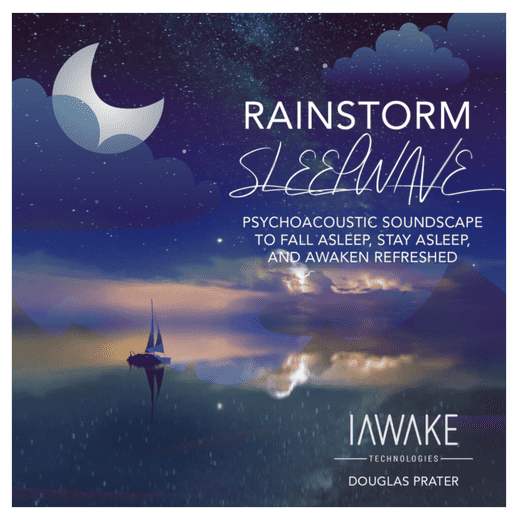
Click Here to Check Out This Brainwave Entrainment Music
Sleeping Heart
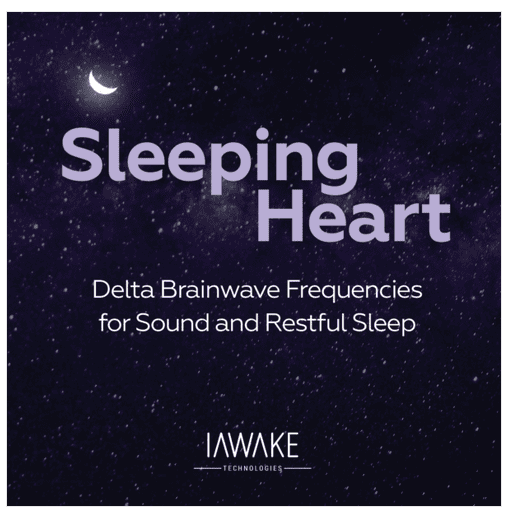
Click Here to Check Out Sleeping Heart For Deep Sleep
Sound Asleep
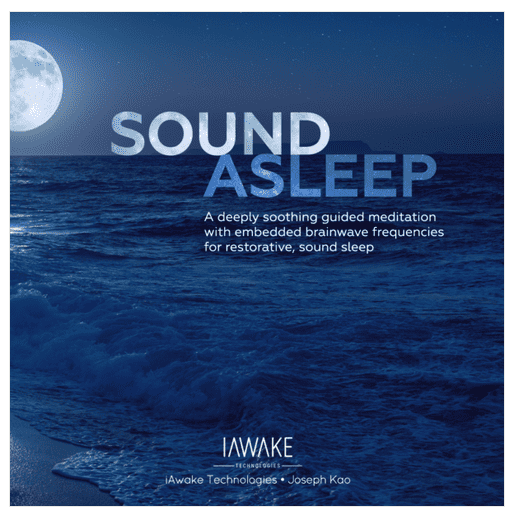
Click Here to Check Out This Guided Meditation
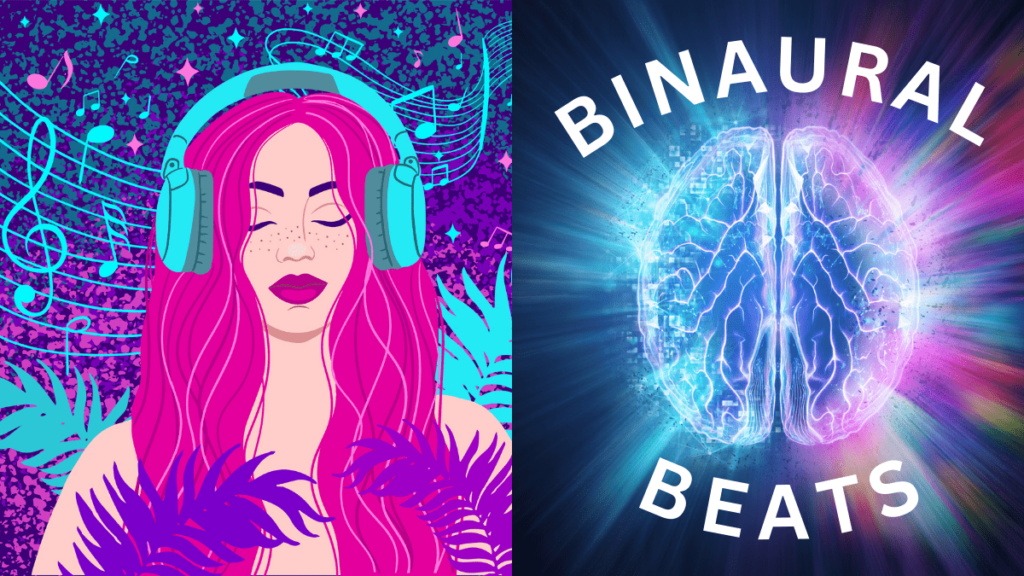
FAQ (Self-Hypnosis & Binaural Beats)
What is self-hypnosis? Self-hypnosis is a process of using relaxation techniques, focused attention, and visualization to induce an altered state of consciousness similar to meditation. In this naturally occurring trance state, people give themselves suggestions to help change habits, thoughts, or behaviors.
How does self-hypnosis work? Self-hypnosis works by helping the brain enter a state of highly focused attention and decreased awareness of external stimuli. In this state, visualization and sensory experiences feel more real, making it easier to reframe thoughts, emotions, and ingrained patterns.
What are the benefits of self-hypnosis? Research shows self-hypnosis can improve sleep quality, promote weight loss, reduce chronic pain, ease anxiety, boost confidence and self-esteem, help quit addictions like smoking, and enhance performance.
What should I do before trying self-hypnosis? Find a quiet space free of distractions, wear comfortable clothes, choose a comfortable position for your body, set a clear intention or goal, and give yourself adequate uninterrupted time to enter a relaxed state.
What is the self-hypnosis process? The basic self-hypnosis process involves relaxation, focus, guided visualization of a peaceful scene, repetition of suggestions or affirmations aligned to your goal, and a slow return to full wakefulness.
How is self-hypnosis different than meditation? Both practices aim to reach focused, relaxed states, but meditation is more about observing thoughts and sensations without judgement to increase awareness, while self-hypnosis actively shifts negative thought patterns and behaviors.
What should I visualize during self-hypnosis? Visualize a relaxing scene like floating on clouds, lying in a field of wildflowers, walking along the beach, or any image that evokes feelings of peace, safety, and calm based on your personal preferences.
How long should a self-hypnosis session last? Aim for at least 10-20 minutes per self-hypnosis session, though some people may need longer, especially when first starting. Consistency and repetition are key in reprogramming thoughts and habits.
When during the day should I practice self-hypnosis? Create a consistent routine by practicing self-hypnosis in the morning to set intentions or at night to calm your mind and relax into sleep. But any time of day can work.
What are binaural beats? Binaural beats are an auditory illusion created by playing two tones with slightly different frequencies simultaneously through stereo headphones. The difference between the frequencies of the tones creates a perception of a rhythmic beat.
How do binaural beats work? When each ear receives a tone at a slightly different frequency, the brain perceives a single pulsing tone that is the difference between the two frequencies. This leads to neural synchronization, called the frequency following response, where brainwaves adjust to match the frequency of the perceived beat.
What are the different types of brain waves? There are five main types of brain waves that relate to mental state – delta waves (deep sleep), theta waves (light sleep), alpha waves (wakeful relaxation), beta waves (concentration and cognition), and gamma waves (high cognition and processing).
What benefits are associated with binaural beats? Potential benefits of listening to binaural beats include reduced anxiety, increased relaxation and focus, improved sleep and memory, heightened creativity, lowered blood pressure and perception of pain. However, more research is still needed.
Are there any risks or side effects? There is little evidence of risks or adverse side effects. Some studies found short-term increased negative feelings. It is not a replacement for medical treatment. Those with health issues should consult a doctor before use.
How should you use binaural beats? To listen, stereo headphones are required. Frequency ranges associated with deep relaxation and sleep are recommended before bedtime. Follow instructions from the producer carefully and avoid use while operating vehicles or machinery.
Can binaural beats help you sleep? Research suggests that listening to binaural beats, especially in the delta and theta frequency ranges, may help promote relaxation and sleep by shifting brain waves to patterns associated with deep relaxation and certain stages of sleep. One study found increased time spent in deep, slow-wave sleep after exposure to binaural beats. Another study showed changes in sleep-related hormones that help regulate sleep. So binaural beats may improve sleep quality for some people, but more research is still needed. It’s considered a relatively safe, low-risk complementary approach to helping insomnia.
You may also be interested in: 1. How Long Does It Take For Subliminals to Work 2. How Long Does Self Hypnosis Take to Work 3. Free Hypnosis MP3 Downloads [Hypnosis Bootcamp] 4. Hypnosis Scripts
